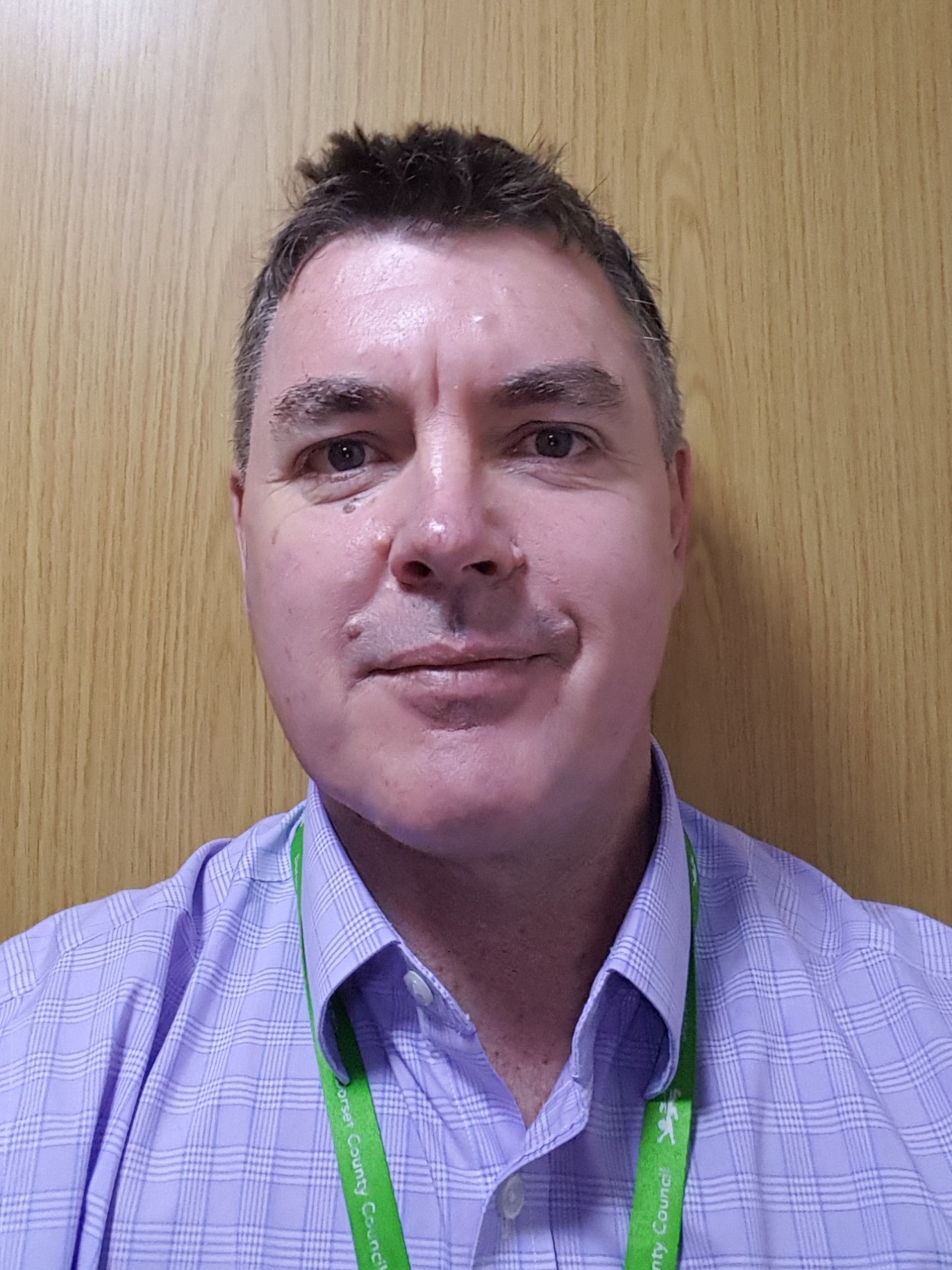
In our latest blog, project manager David Lloyd – who has experience in health and care records with IBM Medicare and the Australian Department of Health writes about some of the challenges and issues facing partners in the first phase of the Dorset Care Record. The Increment delivered alerts and encounters, radiology and pathology and referrals from our three acute hospitals.
It is important to continually look at the bigger picture when project managing the large partnership of organisations within the Dorset Care Record. We are making a difference across the county. Health and social care professionals needing to see data can use it to help patient requirements. GPs can, for example, view results of patient appointments at RBCH in real time. And the general public have the knowledge that information about their medical history is being kept up to date thanks to our data feeds.
As a project manager I look in my partnership team for knowledge of the IT systems they run, willingness to own issues and ways to look for solutions to problems that may arise. It is important that staff are at a level where they can enable change to take place.
Mid-way through the increment, we agreed that the DCR should move from a traditional waterfall sequential methodology, covering analysis, design, build and test to an agile one, designed to bring together all the functions in small sprints.
It helped us to understand our prioritised requirements list – the things we have to deliver – as well as enabling us to manage deadlines better. It helped us provide concentrated bursts of effort against deliverables.
Of course, there are challenges, as with every IT project. One of the issues that has surprised me is that organisations often have the same type of data but in a different format and so harmonisation of data is often more difficult. Some have tabulated formats while others have data in word document formats, which makes life difficult. People are often used to working to their own system and can find change fearful. It is important to see the bigger picture – how the changes will make a real difference to peoples lives, as underlined in the NHS Digital approach. The more work carried out with user groups the more we can see the benefits.
We have had great support from the working group and programme board who have been really tough on us in a good way, asking hard questions that shows they are interested and absolutely care.
And the more we involved clinicians and user groups in workshops and information sessions, the better the understanding. In turn. that will help attract more users and I believe the introduction of Single Sign On in the not too distant future will be absolutely huge.
Working with Orion Health has been fascinating. The company has a very good knowledge and experience in providing health data management and presentation of data. It has worked really hard to help us harmonise and filter the data so it is in a better condition for presentation.
And in terms of lessons learned for the next stage of the project, I would say it is extremely important to have a wide range of people involved, particularly users of the system, which I see as absolutely critical.
Getting the data owners and project managers involved at a very early stage in the requirements, working out the analysis and testing that is needed and making sure the data is processed and formatted correctly will help drive the DCR forward at pace.


